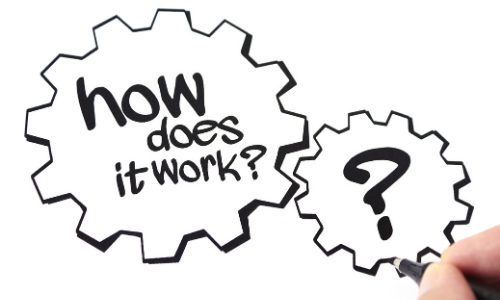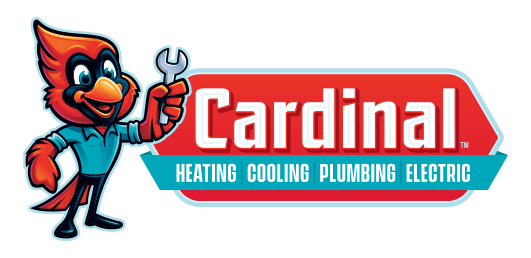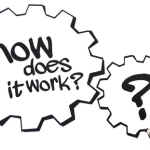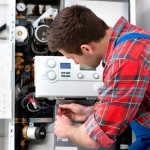Three Things To Know About Your Boiler
Living in colder climates, having a properly working air and heating unit is convenient and necessary. With frigid winters averaging temperatures ranging in the single digits and the lake effect adding to the chill, it's imperative for homeowners that their heating system is properly working.
A critical facet of central heating is the boiler. It is a high priority for homeowners to understand how their home boiler system works to see if anything is off or needs to be replaced before winter settles in. Read on to learn boiler mechanics, types of boilers, and proper upkeep.
How Does a Boiler Operate?

Boilers receive their heat from three different sources: gas, oil, or electricity. Whichever type of temperature sensor a home has will send a signal once the temperature has dropped. There is a combustion chamber with both gas and oil boilers where the oil or gas is heated up. Once the oil has reached a high enough temperature, it will heat copper piping, which heats the water.
As the water warms up, it disperses steam throughout the heating system, which in turn warms the air (and sometimes water) as it exits the vents in the home. The electric boiler works similarly, except it uses (as the name indicates) electricity to heat the water into steam and disperses the steam, which then exits vents and warms the air, same as gas and oil boilers.
Is There More Than One Type of Boiler?
Like any other appliance, there are multiple options to choose from depending on the homeowner's priorities and needs when it comes to boilers. Whether a homeowner is looking for an energy-efficient electric option, a natural gas or oil option, a combination of the two, or even a boiler that heats the water as well as the home, here are six different selections to choose from:
- The steam boiler
- The hot water boiler
- The natural gas boiler
- The electric boiler
- The oil boiler
- The condensing boiler
What Kind of Maintenance Does a Boiler Require?
It is best to divide boiler maintenance into daily, monthly, and "now and then" tasks for the homeowner. Day by day, maintenance of boilers is simply observational. Make sure there is no water spillage. Keep an eye out for any error codes that may pop up and make a note of them to share with a professional service person.

Check the area surrounding the boiler, the vent termination, and combustion air openings for anything that may be causing congestion within or around it, such as ice, snow, dirt, leaves, or any other debris. Homeowners should also keep their ears open for any unusual sounds coming from the boiler.
Every month, closely examine the following: combustion air piping, flue gas vent piping, relief valve discharge pipe, boiler relief valve, condensate drain line, PVC fittings, drain system, and drain taps. If there is leakage or blockage, call a professional. Bi-monthly or every 3 months, it is important to plan for a professional to come out and inspect low water cutoff to ensure it is in working order.
Though not always possible, homeowners should examine the burner flame and take note for a professional service person if it looks "off" or abnormal. Finally, closely inspect boiler hydronic piping for any water discharge.
About Cardinal Heating & Air Conditioning
Cardinal Heating & Air Conditioning has been in business for close to four decades providing service to Sun Prairie, WI. They employ highly qualified technicians who provide quality service tailored to each individual customer's needs and budget. Contact them to schedule boiler service today!
Distribution Links +
- wicz.com
- ktvn.com
- wdfxfox34.com
- wboc.com
- snntv.com
- rfdtv.com
- wfmj.com
- htv10.tv
- central.newschannelnebraska.com
- metro.newschannelnebraska.com
- southeast.newschannelnebraska.com
- midplains.newschannelnebraska.com
- northeast.newschannelnebraska.com
- plattevalley.newschannelnebraska.com
- panhandle.newschannelnebraska.com
- rivercountry.newschannelnebraska.com
- wrde.com
- wpgxfox28.com
- lifestyle.mykmlk.com
- wtnzfox43.com
- lifestyle.3wzfm.com




